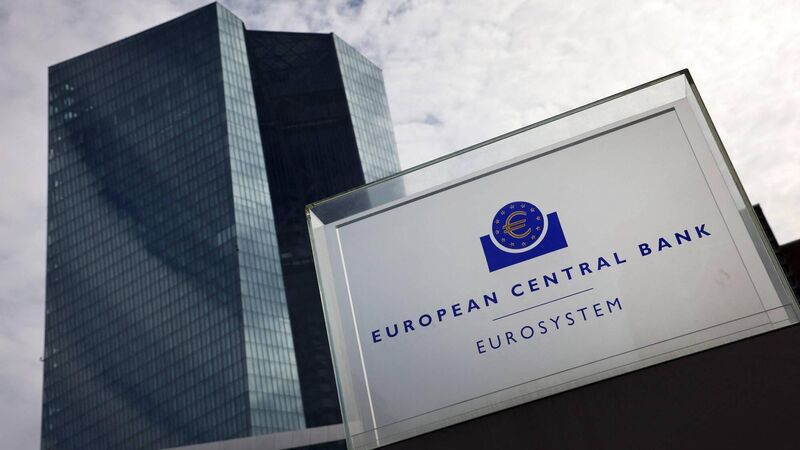Eurozone inflation ticks upwards to 2.6% as anticipated ECB rate cut approaches

The European Central Bank (ECB). (Photo by Daniel ROLAND / AFP) (Photo by DANIEL ROLAND/AFP via Getty Images)
Eurozone inflation ticked up slightly in July to 2.6% annually, up from 2.5% in June, new figures from Eurostat reveal, with the increase matching preliminary data from the EU statistics agency and exceeding initial economist estimates.
Irish inflation, as measured by the Harmonised Index of Consumer Prices (HICP), remained unchanged compared to the previous month at 1.5%, with Ireland having the sixth lowest inflation rate out of the 20-country bloc.











